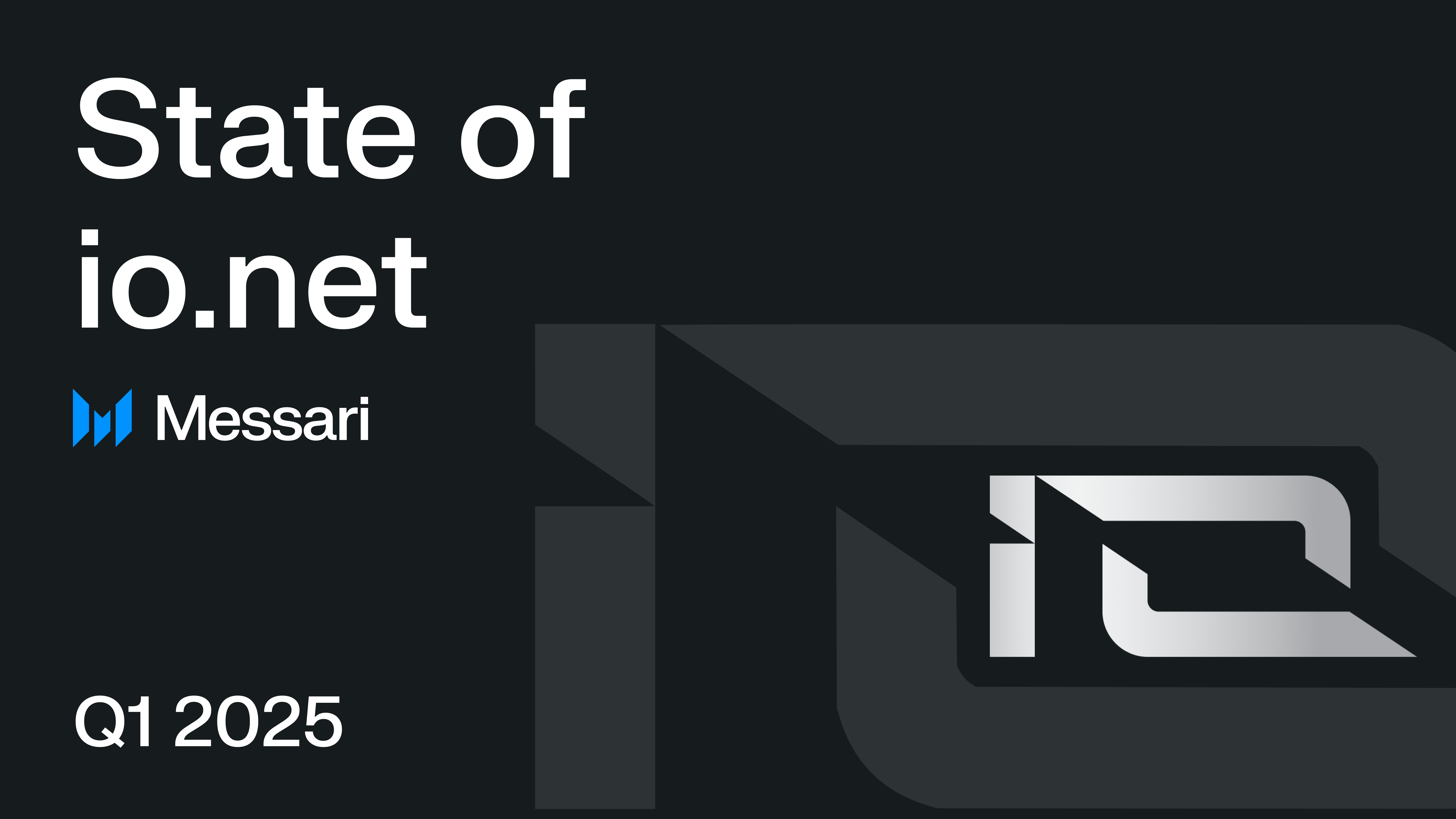DoubleZero and Roam: Pioneering the DePIN Landscape on Solana

In a significant development within the DePIN ecosystem, the DoubleZero Foundation has secured a remarkable investment of $28 million from top venture capital firms, including Dragonfly and Multicoin Capital. Founded by Austin Federa, who previously played a pivotal role at the Solana Foundation, DoubleZero aims to create a robust web3 infrastructure by addressing the challenges faced by current blockchain networks. The project is designed to enhance bandwidth and reduce latency, facilitating smoother operations for web3 applications. The investment signals strong support from the Solana ecosystem, indicating a collective effort to build a physical infrastructure network that can rival traditional web2 solutions.
Another noteworthy project, Roam, has emerged as a decentralized wireless network built on the Solana blockchain. Launched on March 6, Roam aims to provide seamless WiFi and eSIM connections globally, boasting over 2.3 million users and 2 million WiFi nodes across 190 countries. With a market capitalization exceeding $60 million, Roam utilizes blockchain technology to ensure secure connections and automatic network switching. Its innovative approach, combined with a strong incentive mechanism for users to share WiFi, positions Roam as a leading player in the DePIN space, drawing comparisons to Starlink for its ground-based communication solutions.
As of mid-March 2025, the DePIN ecosystem on Solana has flourished, with a market value surpassing $25 billion. This growth is attributed to Solana’s technical advantages, such as high throughput and low transaction costs, making it an attractive platform for DePIN projects. The Solana Foundation’s proactive support through funding and hackathons has further nurtured this ecosystem. With approximately 78 DePIN projects currently active on Solana, including notable names like Helium and Render Network, the platform is poised to lead the way in decentralized physical infrastructure, showcasing its potential to reshape the future of connectivity and data sharing in the blockchain space.
Related News





